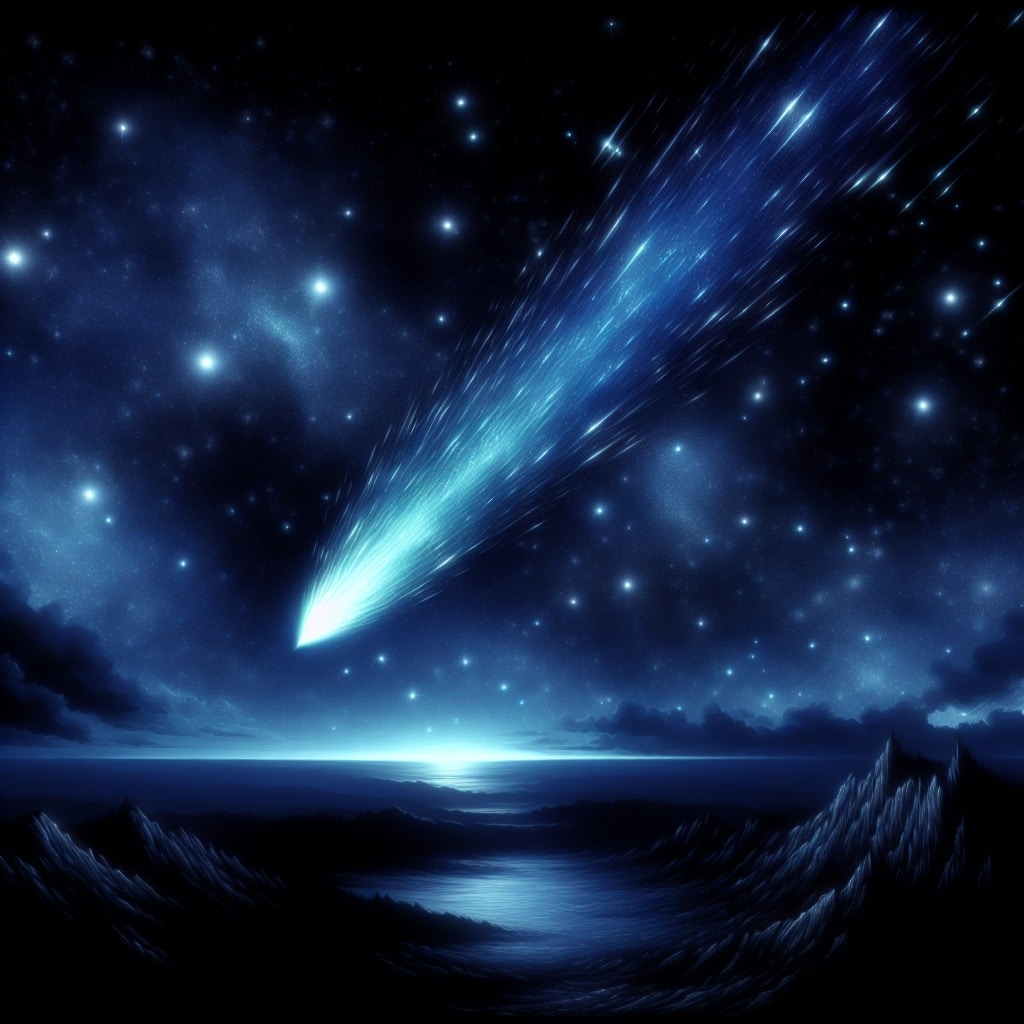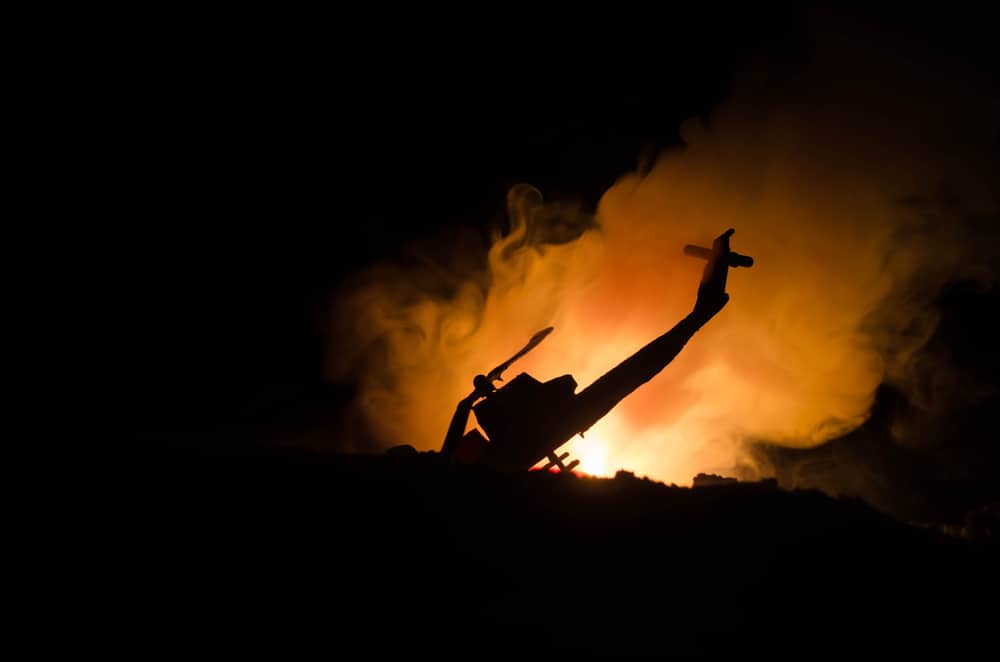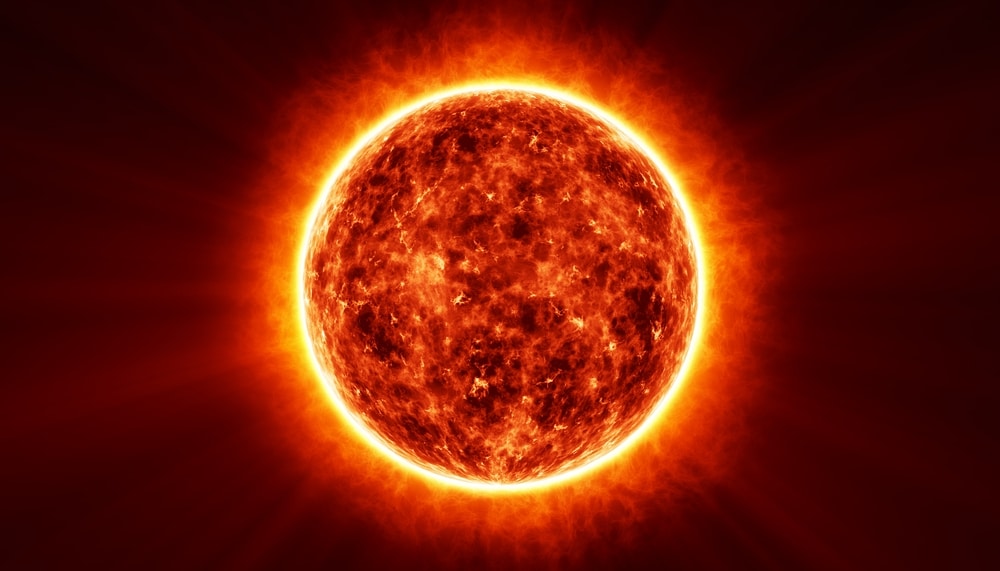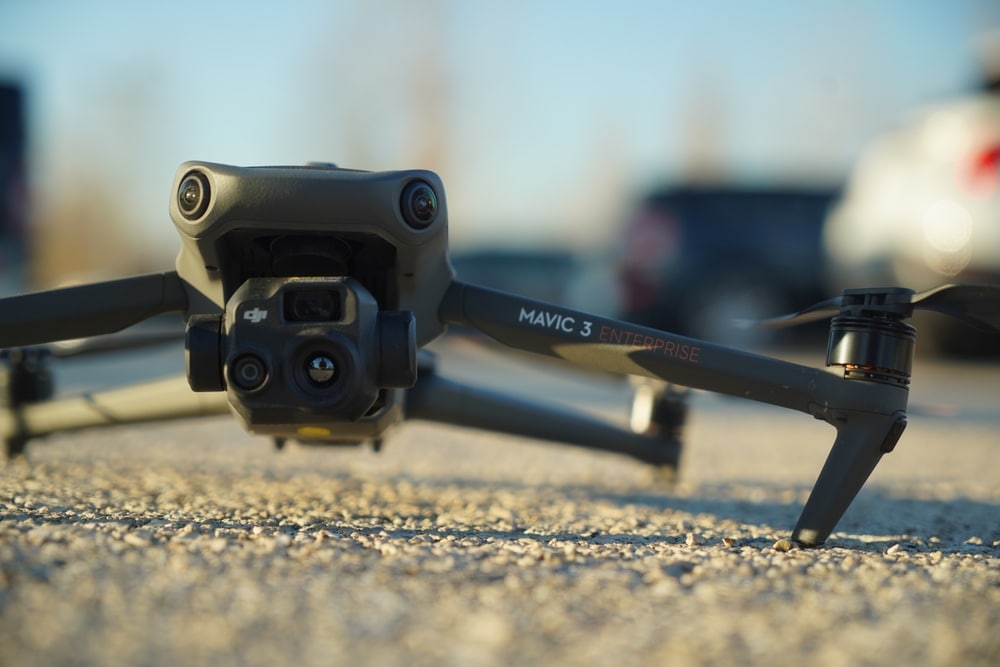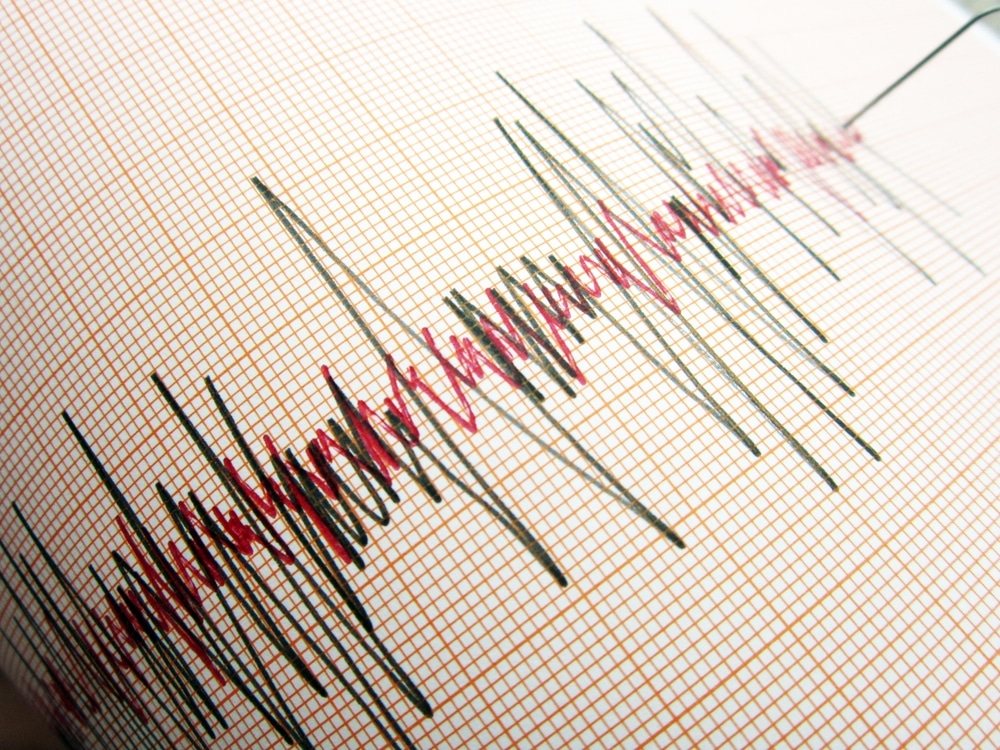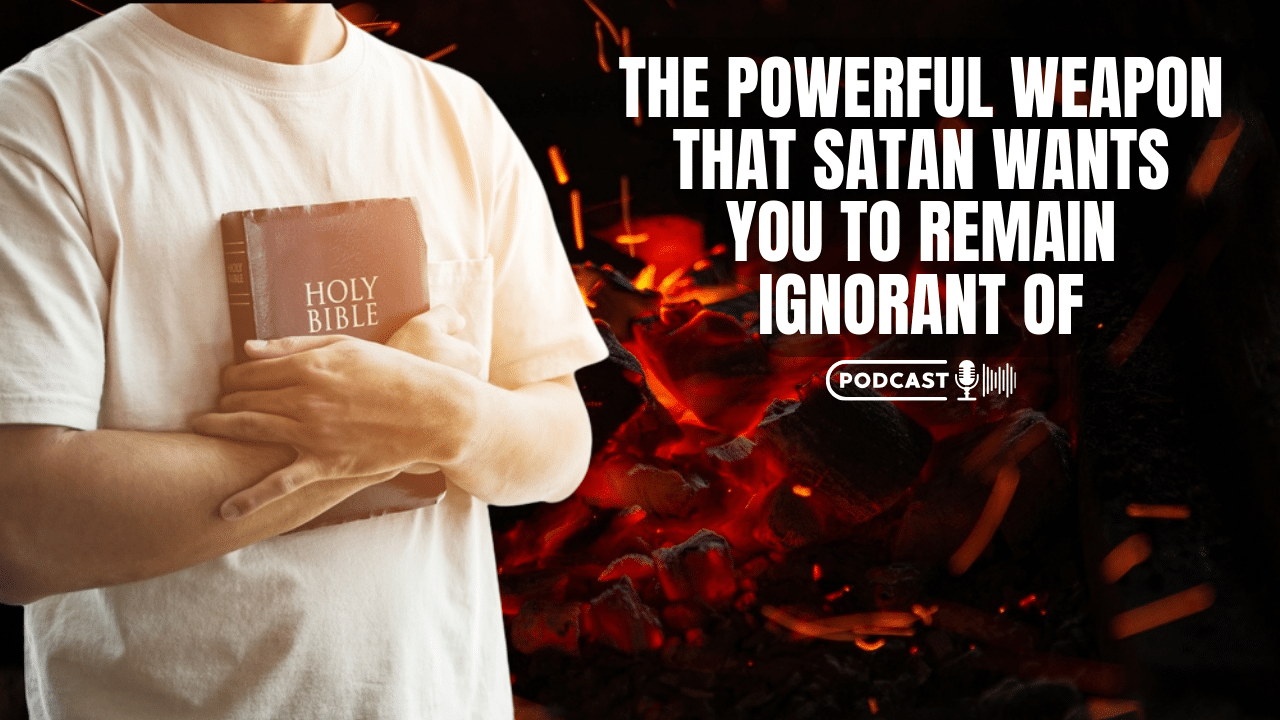The World Health Organization has declared monkeypox a global health emergency as the disease has spread to more than 70 countries. The outbreak is an “extraordinary” situation that now qualifies as a global emergency after a surge in cases, the body said in a statement this afternoon, July 23rd.
According to the Daily Star, The UK had detected just seven cases prior to 2022, but in the last three months, there have been 2,050 confirmed monkeypox cases across England alone. The disease is endemic to West Africa but as of May has spread far and wide, with cases now prevalent in North America, Europe, and beyond.
Declaring a global emergency means the monkeypox outbreak is an “extraordinary event” that could spill over into more countries and requires a coordinated global response.
The WHO previously declared emergencies for public health crises such as the Covid-19 pandemic, the 2014 West African Ebola outbreak, the Zika virus in Latin America in 2016, and the ongoing effort to eradicate polio.
The emergency declaration mostly serves as a plea to draw more global resources and attention to an outbreak. The news comes as the first monkeypox sufferer to go public in the UK has told of the “very tough week” when he first contracted the contagious virus.
James McFadzean, from London, said: “I actually feel much, much better now – it was very rough for the first week, but now I feel fit and well back to normal health. “I really didn’t think I had it. So everything you hear, everything you read talks about this tell-tale rash or lumps or pimples which I never had at any point of the illness.
“I fell ill much like a flu, fever, very exhausted back pain and on the calling local clinic they advised that I should go for a monkeypox test, which I was surprised by but I went along with it and get tested and I got that positive diagnosis.”









